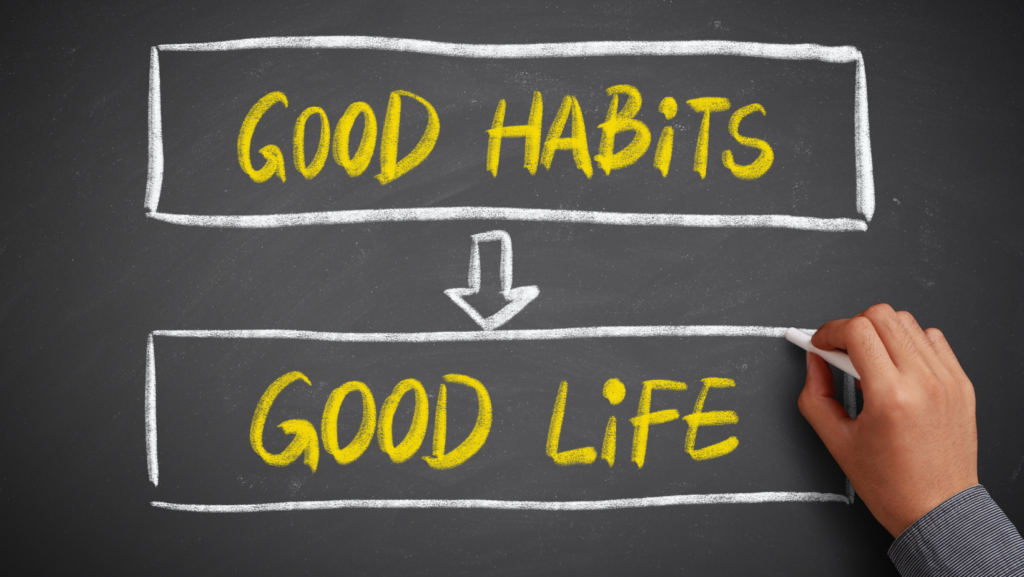
Executive function skills – e.g., planning, organizing, completing tasks, self-motivation, memory – are critical to living productively in modern society. The cause of executive function issues can include neurodevelopmental disorders, mood disorders, and physical or psychological trauma.
One technique often cited to help mitigate problems caused by poor executive function is forming good habits to help you improve.
Habits are a Powerful Way to Improve
Much of our life revolves, intentionally or not, around habits – the simple routines we perform everyday without thinking. Our brains are very efficient at turning actions we perform repeatedly into routines we don’t have to think about. This frees up our “mental budget” to focus on things that demand more of our attention.
Habits form when cues in our environment create a desire in us to perform some action for which delivers a sense of satisfaction or fulfillment. With repetition, this process becomes a habit. When a habit is fully established, the cues will automatically trigger a spike in our reward neurotransmitters – e.g., dopamine – in anticipation of performing the routine and getting that feeling of satisfaction. This process is powerful, but it can be dangerous. It doesn’t discriminate between habits that are useful to us – e.g., eating healthy food, and habits that are destructive – e.g., a gambling addiction.
The good news is that you can take control of habit formation and make it work for you.
Tips for Creating Good Habits
Habits expert James Clear, author of the bestselling book Atomic Habits, offer this checklist for establishing durable habits.
- Make it obvious – This involves creating cues in your daily environment that you can’t ignore. This will help start the entire habit cycle.
- Make it attractive – -To become fully encoded in your brain, a new habit must be irresistible. One way to do this is to “bundle” a new behavior you need to do with one you want to do.
- Make it easy – To become firmly established as a habit, a new behavior should be seen as easy. One way to do this is to break the new behavior into a smaller number of steps which are less daunting. Over time you can build on this easy behavior to create more complex routines. Another technique is to use apps where feasible to help automate your habits.
- Make it satisfying – In the final analysis, a new habit has to be satisfying to be durable. Two things Clear recommends in this regard are giving yourself an immediate reward for completing an action you want to become a habit, and also keeping score of your habit execution over time.
These principles are illustrated in the following video.
Atomic Habits – core message
Habits and Self-Identity
One important aspect of the good habits we form is that they provide evidence that we are becoming who we want to become. Each time you take the time to practice your music, you are being a musician. Over time, these habits reflect who you are.
Resources for Building Good Habits
- James Clear, Atomic Habits: Tiny Changes, Remarkable Results
- Charles Duhigg, The Power of Habit: Why We Do What We Do in Life and Business
- BJ Fogg, Tiny Habits: The Small Changes That Change Everything
- Habit List app



heidi
I’d love the one page summary. Loved the video and am going to watch again as so loaded w/ good info. Thank you